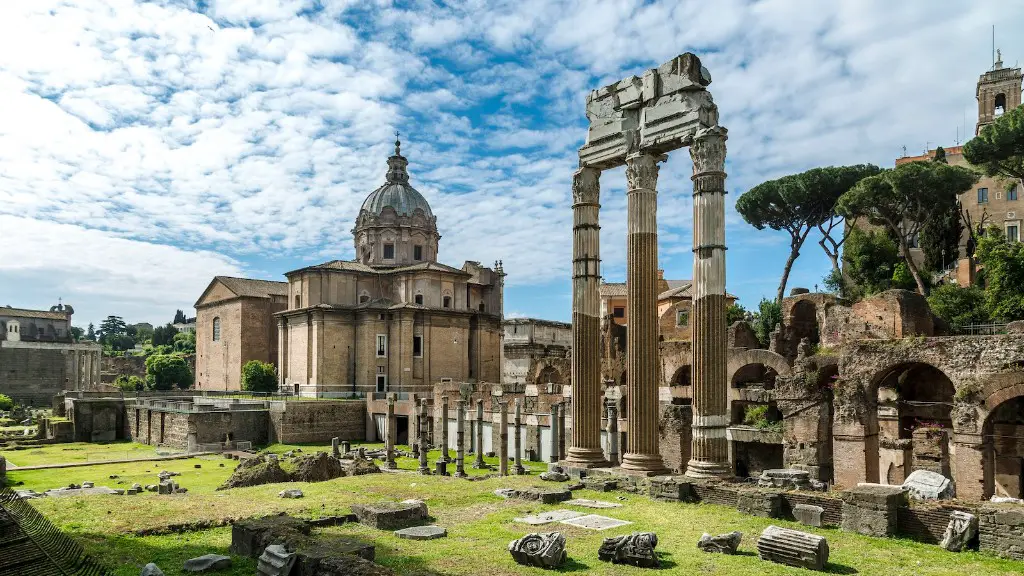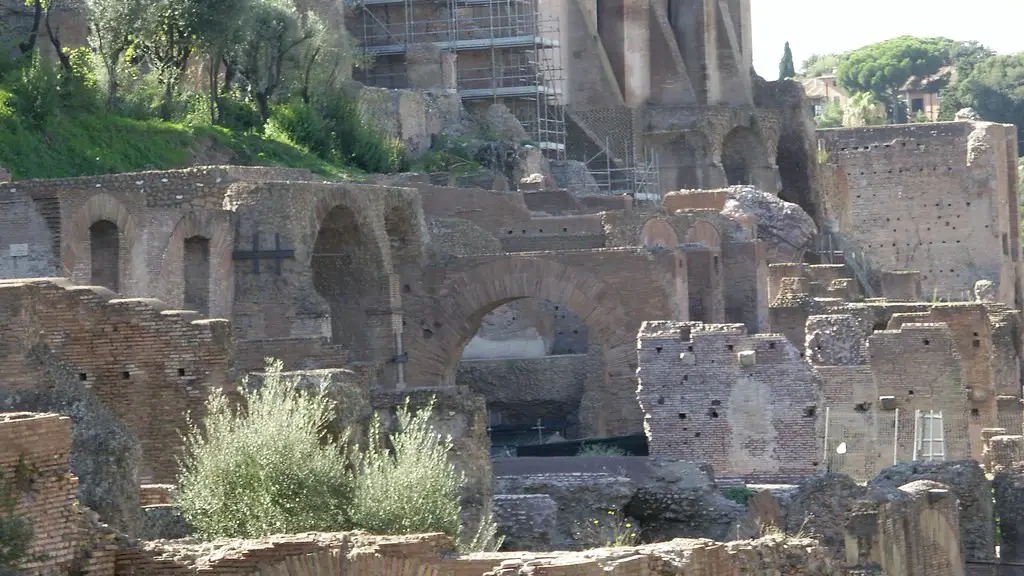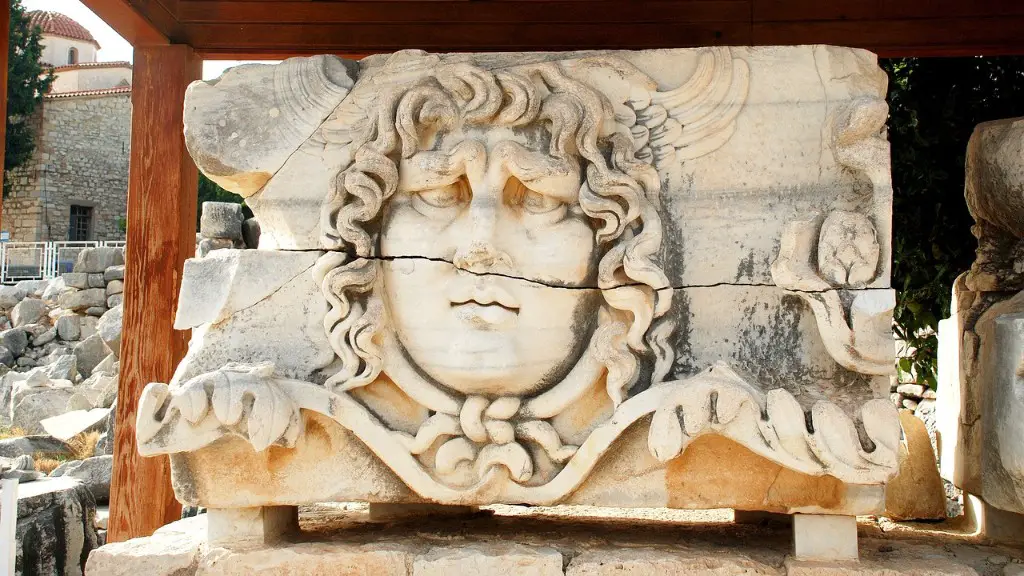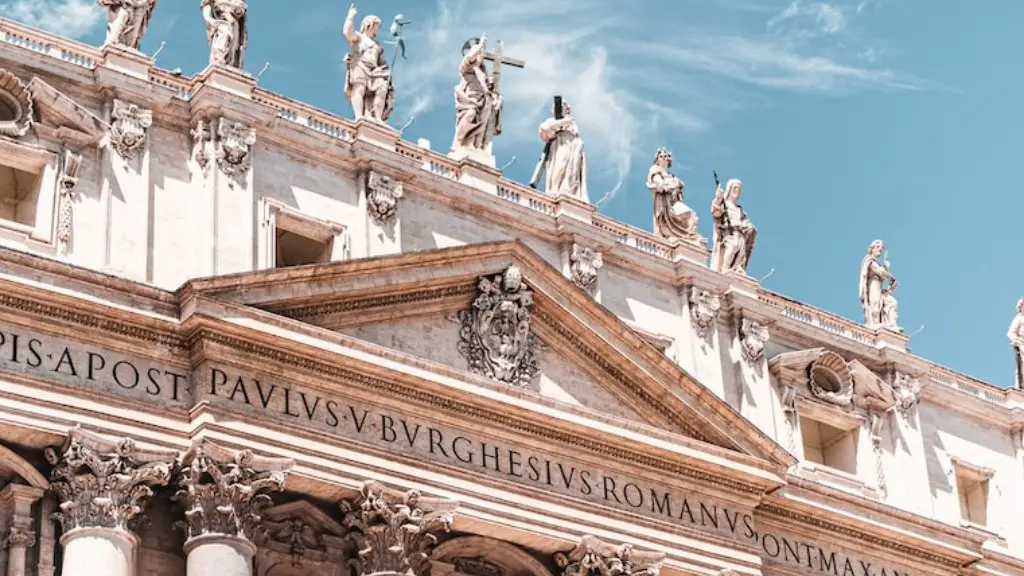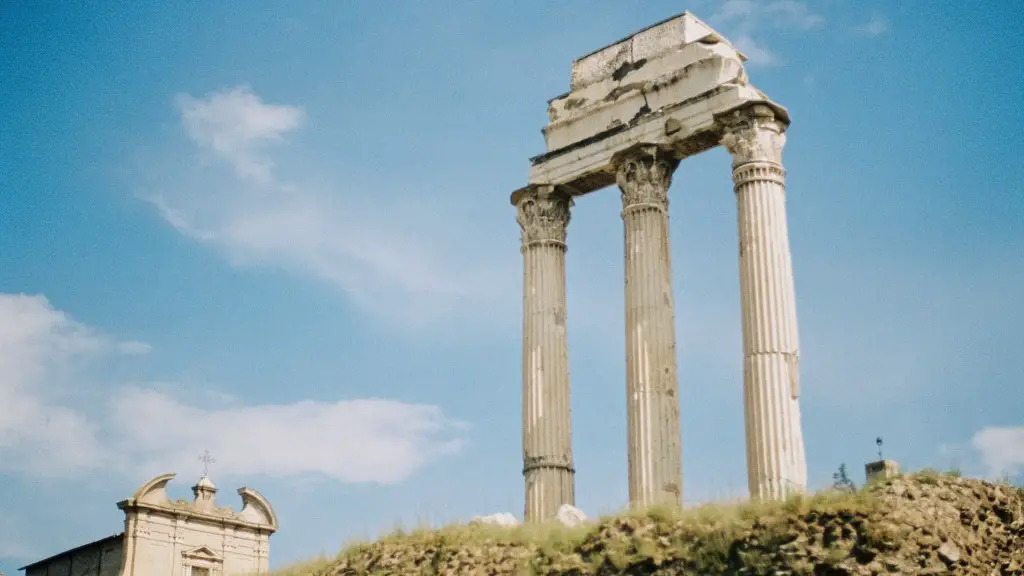Who Was The Censor Of Ancient Rome?
The Roman Republic was, for much of its five-hundred years of existence, one of the most successful civilizations in history. The foundation of the Republic’s success is its powerful governance system that included the office of the Censor. In this article, let’s look at who the Censor was and what role they played in Ancient Rome.
The Censor was a high ranking officer in the Republic, responsible for maintaining the records of the population, their finances and taxes, public morality and infrastructures. The office of the Censor was first established in 443 BC and held for the first time by Appius Claudius Caecus, hence why the word “censor” is derived from his name. The Censor served a five year term and was usually from the ranks of the most respected citizen of the Republic. This was an important office as it held the highest magisterial power in the Republic, coming second only to the Consuls.
Censors were responsible for officially counting the Roman citizens to get an accurate measure of the population, which was done by conducting a census. They also maintained a register of citizens and their wealth and wealth had to be declared annually. This allowed citizens to be taxed appropriately and the Censor had the power to determine the amount of tax certain individuals or families had to pay. The Censor also kept watch over public morality, punishing those who did not observe the social conventions of the day or flouted the law. In addition, the Censor oversaw the works of public infrastructure and was responsible for building some of the greatest monuments of Rome – such as Appius Claudius Caecus’ most famous engineering projects, the Appian Way.
The Censor was a highly respected office, not just for the political power it held, but also because of the moral authority it gave. Censors were expected to demonstrate exemplary behaviour and conduct in public and uphold the laws and conventions of Rome. As such, Censors were expected to lead by example and were seen as the embodiment of the Republic’s values and ideals.
The office of the Censor was abolished during the fall of the Roman Republic and has not been reinstated in subsequent ages. However, the legacy of the Censor still lives on and his impact on Roman society and culture can still be seen to this day. The values of fairness and justice, public morality and infrastructure that the Censor represented still remain in the collective memory of the Roman people, living on to the present day.
The Effect Of the Censor On Roman Citizenry
The Censor had a huge impact on the lives of Roman citizens. The introduction of a regular census allowed the population of Rome to be accurately measured and recorded, meaning citizens’ taxes could be better calculated and regulated. This, in turn, led to a fairer taxation system than what had been in place before. Furthermore, because the Censor was a figurehead of public morality, citizens had a standard of conduct to strive for, which kept social standards and behaviour in check.
Other than the direct implications of the Censorship, the office of the Censor also acted as a symbol of the Republic’s power and justice. The fact that citizens were able to voice their opinion, via either their representatives or the Censor, meant that their needs were being taken into account and their freedoms were respected and protected. This was a powerful message of freedom and fairness that was firmly ingrained in the minds of those living in the Republic.
The Censor was also responsible for some of the most impressive monuments of Ancient Rome, such as the Appian Way. Apart from providing practical use, this enormous work of engineering also served as a sign of Rome’s greatness and power. The Censor was a powerful figure who had a deep imprint on the lives of every Roman citizen and was an essential component of the Republic’s success.
The Influence of The Censor On Politics
The Censor was a highly influential figure in Roman politics, holding significant power and representing the ideals of the Republic. The Censor was responsible for maintaining the records of the citizenry, their finances and taxes, public morality and public works, which had a huge impact on the operation of the government. By having access to information on the population, their taxes and wealth, the Republic was able to better plan and manage its resources, while also ensuring that citizens were being taxed fairly.
Having the Censor to oversee public morality meant that the laws and conventions of Rome were being upheld, and were used to punish those who did not obey. This not only raised the moral standard of the citizens, but also served to maintain the balance of power within the government, ensuring that no one citizen could flout the law without repercussion.
In addition, the office of the Censor served as a symbol of the Republic’s power and justice, representing the Republic’s ideals and values. This meant that citizens felt represented and their needs were taken into account, which was a powerful message to the populace and served to strengthen the Republic’s governing system.
The Legacy of The Censor
The legacy of the Censor continues to this day in the collective memory of the Roman people. His impact on Roman society and culture remains, with the values of fairness and public morality that he embodied still being remembered and upheld. The Censor is remembered not only as a powerful and influential political figure, but also as a symbol of the Republic’s success and greatness.
In addition, the monuments that the Censor was responsible for building remain to this day, demonstrating the engineering prowess of the Roman Republic. The Appian Way is a reminder of the Censor’s legacy, as are the many other public works of infrastructure that were built during his time in office. All of these monuments serve as a testament to the Censor’s influence, depicting the grandeur of Ancient Rome.
The Relevance Of The Censor In Modern Times
The role of the Censor in Ancient Rome has relevance in the modern world, both in terms of politics and morality. The Censor represented the fair and just governance system of the Roman Republic, and his values of fairness and public morality can still be seen in today’s society. Furthermore, the engineering achievements of the Censor have inspired many of today’s structures, demonstrating the amazing power and potential of human ingenuity.
The modern world can also learn from the mistakes of Ancient Rome, such as the eventual downfall of the Republic due to its lack of transparency, corrupt politicians and political infighting. Despite the fact that the office of the Censor was abolished during the fall of the Republic, its ideals and values still live on, providing us with a valuable lesson for today.
Conclusion
The Censor of Ancient Rome played an essential role in the success and longevity of the Republic. His influence on Roman society, culture and politics is still felt to this day, from the monuments he built to the values of justice and fairness which he embodied. The legacy of the Censor is an important one, providing us with a valuable lesson for the modern world about what it means to be a fair and just society.
